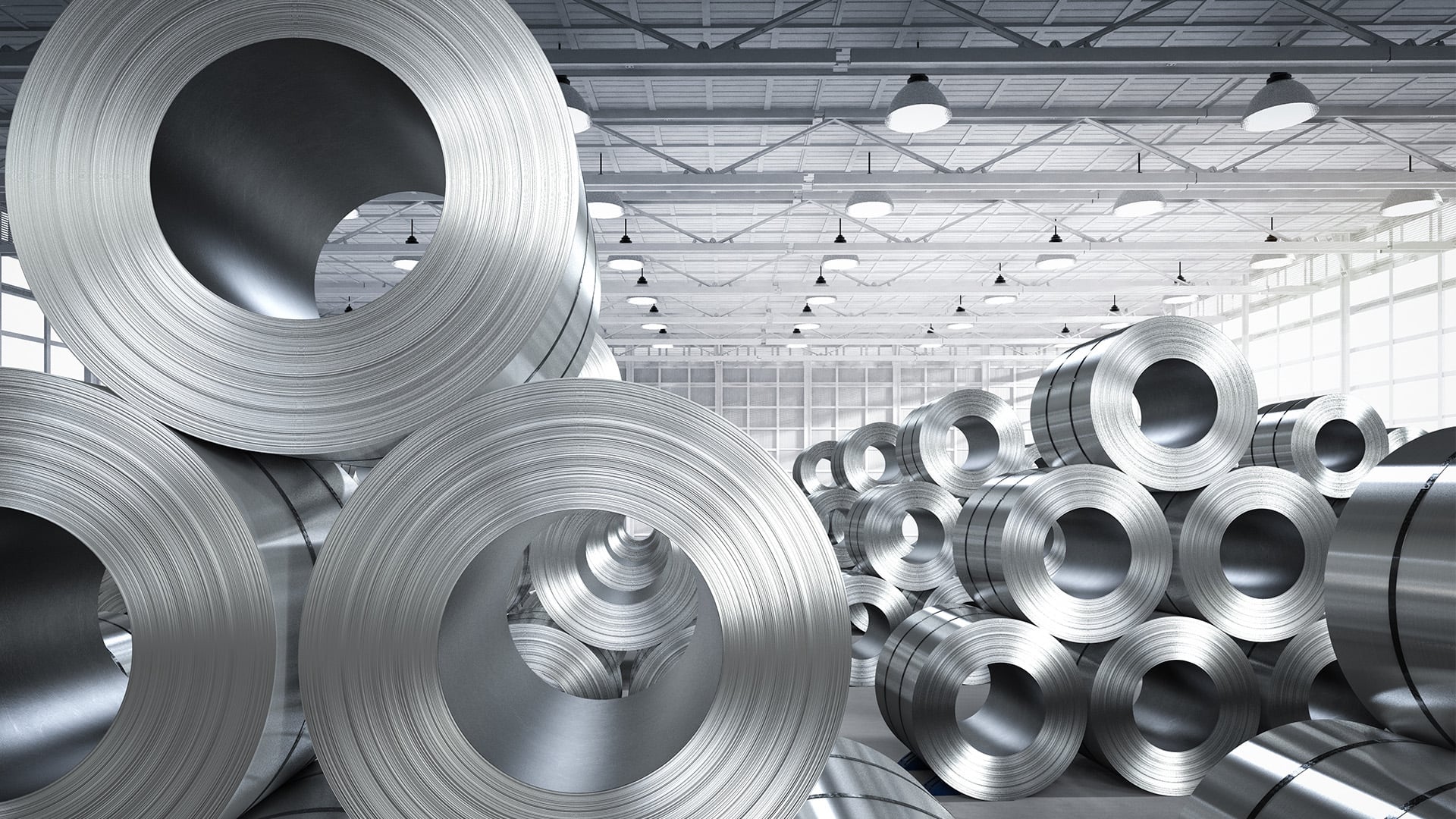1. Corrosion Resistance: Stainless steel is resistant to rust and corrosion, making it durable. This allows stainless flanges to withstand exposure to water, chemicals, and other environmental factors.
2. Excellent Strength: Stainless steel possesses high strength properties, making it resistant to pressure and temperature fluctuations. This ensures that stainless flanges are reliable and durable.
3. Hygiene: Stainless steel is often used in the food, pharmaceutical, and healthcare sectors due to its hygienic properties. These flanges have an easy-to-clean surface and prevent bacterial growth.
4. Aesthetic Appeal: Stainless steel has a shiny and attractive appearance, making it a preferred choice in some applications for its aesthetic value.
5. High-Temperature Resistance: Stainless steel flanges can withstand high temperatures, making them suitable for hot process applications.
6. Low Maintenance Costs: Stainless steel flanges typically require minimal maintenance because they do not require special coatings or maintenance procedures to combat rust or corrosion.
7. Environmentally Friendly: Stainless steel is a recyclable material, making it an eco-friendly option.
8. High Mechanical Durability: Stainless steel possesses high mechanical durability, making it resistant to impacts and vibrations.
9. Versatile Applications: Stainless steel flanges are suitable for a wide range of industrial applications, making them a versatile choice.
However, stainless steel flanges also have disadvantages, such as higher cost, heavier weight, and more challenging machining. Therefore, the choice between stainless steel flanges and other materials depends on the specific needs and budget of the application.
